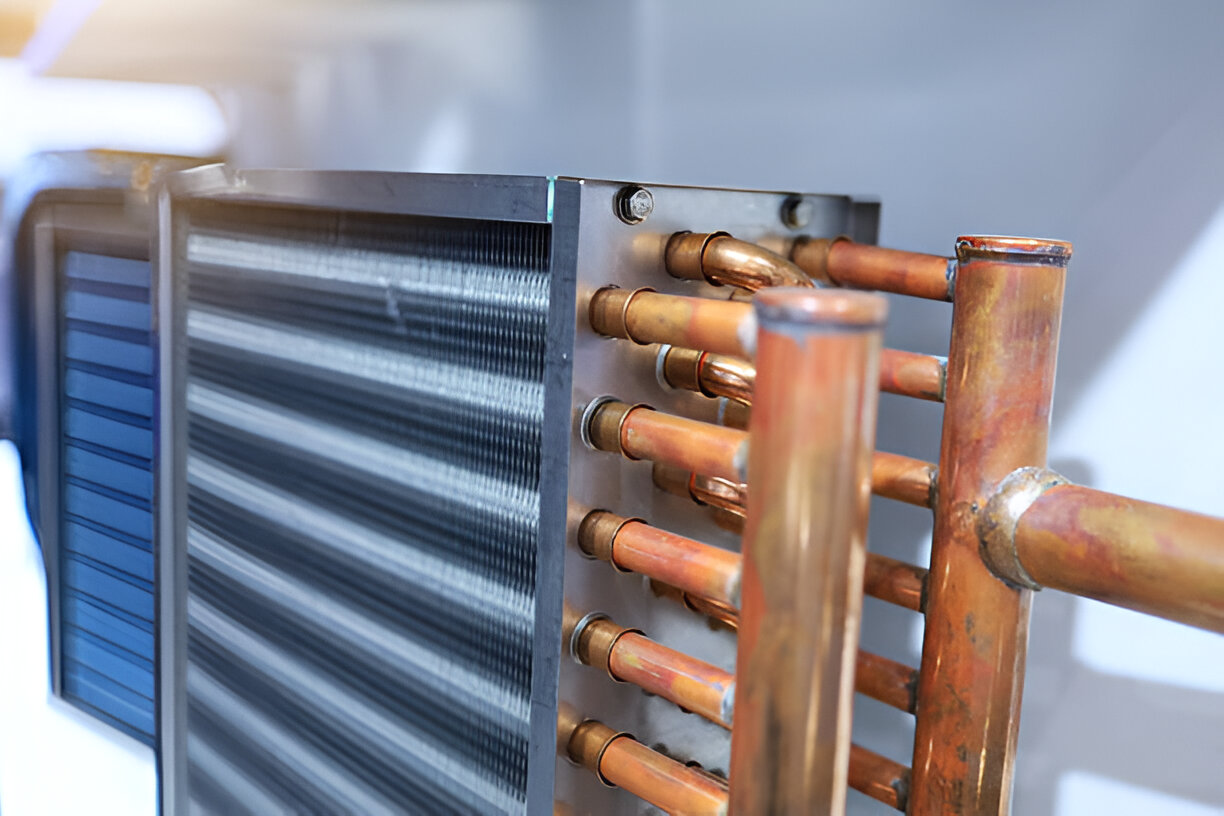
Heating Repair in Airville, PA
Keeping your home warm and safe through Airville’s cold winters means reliable heating repair when systems fail. Whether you have a furnace, heat pump, or boiler, prompt diagnosis and correct repair reduce downtime, lower safety risks, and prevent costly secondary damage.
Why timely heating repair matters in Airville, PA
Airville’s winters can bring prolonged cold spells and freezing nights. Many homes in the area are older and may use cast-iron boilers, propane furnaces, or heat pumps that struggle when temperatures drop. A delayed repair can mean frozen pipes, inefficient fuel use, or unsafe combustion conditions. Fast, accurate repairs restore comfort, reduce energy bills, and protect your property from winter weather risks.
Common heating systems and typical symptoms
Furnaces, heat pumps, and boilers each show distinct symptoms when they need repair. Below are common issues and straightforward fixes you can expect.
- Furnaces (gas, oil, propane)
- Symptoms: No heat, weak airflow, frequent cycling, unusual noises, yellow pilot flame, rising utility bills.
- Common fixes: Clean/replace filters, repair or replace igniters or pilot assemblies, fix blower motors or belts, address clogged burners, replace faulty limit switches or control boards. Combustion and venting checks are common for safety.
- Heat pumps
- Symptoms: Reduced heating capacity in cold weather, frost buildup on outdoor unit, short-cycling, unusual sounds during defrost cycles.
- Common fixes: Check refrigerant charge and leaks, repair or replace reversing valves or compressors, clear coils and ensure proper defrost operation, replace defective contactors or fan motors. In extreme cold, auxiliary heat diagnostics are performed.
- Boilers (hydronic/steam)
- Symptoms: No heat in one or more zones, water leaks, low pressure, kettling sounds, uneven heat, failed thermostat response.
- Common fixes: Repair or replace zone valves or circulator pumps, flush or treat boiler to remove scale, replace pressure relief valves or expansion tanks, repair steam traps, address leaks or corroded sections, rebalance zones.
Diagnostic process — what a professional technician will do
A thorough diagnostic follows a safety-first approach and aims to identify root cause rather than just symptoms.
- Safety and visual inspection: Check for gas leaks, carbon monoxide risk, water leaks, and electrical hazards. Inspect vents, flues, and clearances.
- Operational testing: Run the system through a full heating cycle; observe ignition, fuel delivery, burner operation, thermostat response, and airflow.
- Electrical and control checks: Test voltage, capacitors, relays, and control boards for faults.
- Combustion and pressure testing: For fuel-burning systems perform combustion analysis and check boiler pressures and refrigerant pressures for heat pumps.
- Estimate and repair plan: Provide a clear description of the failed components, recommended repairs, and an estimated timeline for parts and labor.
Parts, labor, and realistic timelines
Common replacement parts include igniters, flame sensors, blower motors, capacitors, control boards, compressors, reversing valves, circulator pumps, zone valves, pressure relief valves, and heat exchanger repair or replacement. Labor time varies by system complexity:
- Minor repairs (filters, sensors, thermostat adjustments): 30 minutes to 2 hours.
- Moderate repairs (motors, pumps, valves): 2 to 4 hours, possibly same day if parts are stocked.
- Major repairs (compressor, heat exchanger replacement, extensive boiler work): multiple hours to a couple of days, sometimes requiring special-order parts.
In Airville, stocked common parts often allow same-day fixes during winter peak conditions; specialty parts may require 24 to 72 hours depending on availability. Technicians typically document replaced parts and any warranty information for both parts and labor.
Emergency repair availability and urgent symptoms
Emergency heating repairs are essential when a system failure creates safety risks or exposes the home to freezing conditions. Seek immediate professional attention for:
- Smell of gas or confirmed gas leak
- Carbon monoxide alarm activation or symptoms of CO exposure (headache, nausea, dizziness)
- Major water leaks from boilers or piping
- Complete heat loss during subfreezing weather
- Electrical burning smells or smoke from the unit
Emergency services are structured to stabilize hazardous conditions first (shut off gas, isolate leaks, restore safe ventilation) then complete full repairs or temporary fixes to keep your home safe and warm.
Expected response times (typical ranges)
- Emergency situations with gas, leaks, or CO alarms: response within a few hours when technicians are available.
- Severe heating failure during winter cold snaps: many service operations prioritize emergency calls with same-day or next-available-appointment responses.
- Non-urgent repairs and routine diagnostics: typically scheduled within 24 to 72 hours depending on season and parts availability.
These ranges reflect typical field service operations for the region; actual response can vary during severe weather or peak demand periods.
Tips to minimize downtime and extend system life
Proactive steps reduce the chance of mid-winter failures and keep repair needs to a minimum:
- Change or clean filters every 1 to 3 months during heating season to protect blowers and maintain airflow.
- Keep outdoor heat pump units clear of snow, leaves, and debris. Ensure a 2-3 foot clear perimeter for airflow.
- Bleed radiators and check zone thermostats in older hydronic systems to prevent cold spots.
- Install and test carbon monoxide detectors on each level and near sleeping areas.
- Schedule annual professional maintenance before the heating season to catch worn components early and optimize efficiency.
- Keep vents and registers unobstructed and maintain consistent thermostat settings to avoid excessive cycling.


Enjoy flexible financing options that make upgrading or repairing your HVAC system easy and budget-friendly.










